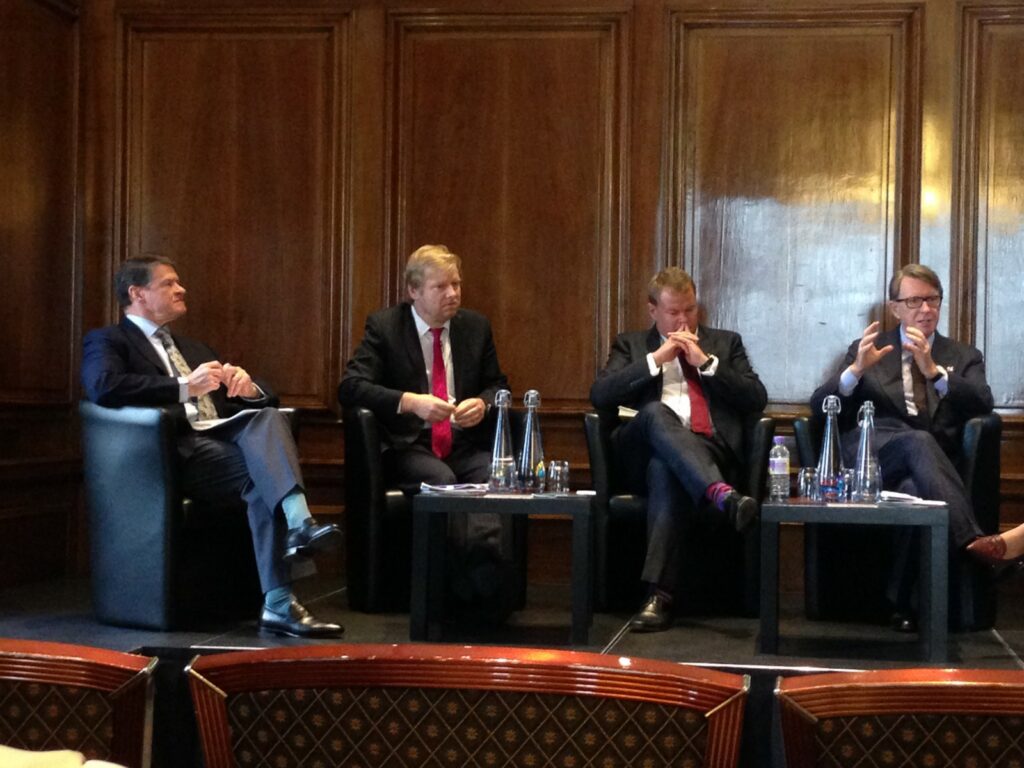The government’s ability to form long term energy policy has continued to be put in question after a survey of energy and sustainability professionals found that continuity of energy policy was considered to be the biggest challenge facing their sector.
The Energy Institute’s (EI) Energy Barometer received responses from 438 respondents also identified a lack of investment as a high ranking concern for the industry. The need for ‘whole-system thinking’ and longer term planning also emerged as key issues for EI members.
In a particularly damning judgement, respondents also expressed scepticism over the ability of the nations of the world that signed up to the ambitious climate change targets set out in Paris at December’s COP21 to deliver on their pledges.
Most respondents to the survey (70%) do not think the COP21 agreement will be sufficient to hold global temperatures below 2°C, and are concerned that the policies in place are not having the desired effect.
Professor Jim Skea, president of EI, said: “The EI’s Energy Barometer 2016 report shows that the single biggest wish for people working in UK energy is a stable energy policy to help industry and financiers decide where to invest profitably and, more crucially, to allow for long-term planning. Renewable energy and capturing carbon – key to implementing the Paris climate agreement – are seen to have been particularly badly hit by policy changes over the last year.”
The conclusions of the respondents cover the period since the General Election of 2015 when a majority Conservative government was elected, sparking a drastic period of change for UK energy policy. Subsidy support schemes like the feed-in tariff and Renewables Obligations for renewables have been cut, while energy efficiency policy and climate change levies are also undergoing substantial change.
A report published by the energy and climate change select committee found that investors had been “spooked” as a result of these changes, resulting in less cash flowing into the UK sustainability sector.
Malcolm Brinded, vice-president of the Energy Institute, said: “This year’s survey reflects concern that lack of policy continuity leads to under-investment in both UK energy technology and infrastructure. This is considered to be the largest barrier to innovation and the delivery of the low carbon energy system needed to meet future demand and emissions targets, securely and affordably.”
The findings of the Energy Barometer follow comments made last week by leading energy figures within the UK who criticised the government policy decisions. Steve Holliday, former chief executive of the National Grid, claimed energy efficiency and demand-side policy was “not present” in UK energy policy.
Ben Warren, head of energy and environmental finance at EY, also explained why he thought the UK had dropped to 13th in the consultancy’s renewable energy country attractiveness index.
“If we look at the countries at the top of the index – US, China and India…what’s common about all of those countries is their scale and their ambition. But what’s important about scale and ambition is what lies behind that and this is very much the long term strategy which these countries and these governments have embarked upon. They see, unlike this government here in the UK, renewable generation as a cornerstone of economic development, societal evolution and environmental policy as well.
“I also think the fundamental strategic direction has been lost as well and I don’t think Treasury understand the economic opportunity,” he said.
EI’s recent survey also found that an overwhelming majority of respondents foresee negative effects on the UK energy system should the UK leave the EU in areas such as energy security and renewable energy development.






